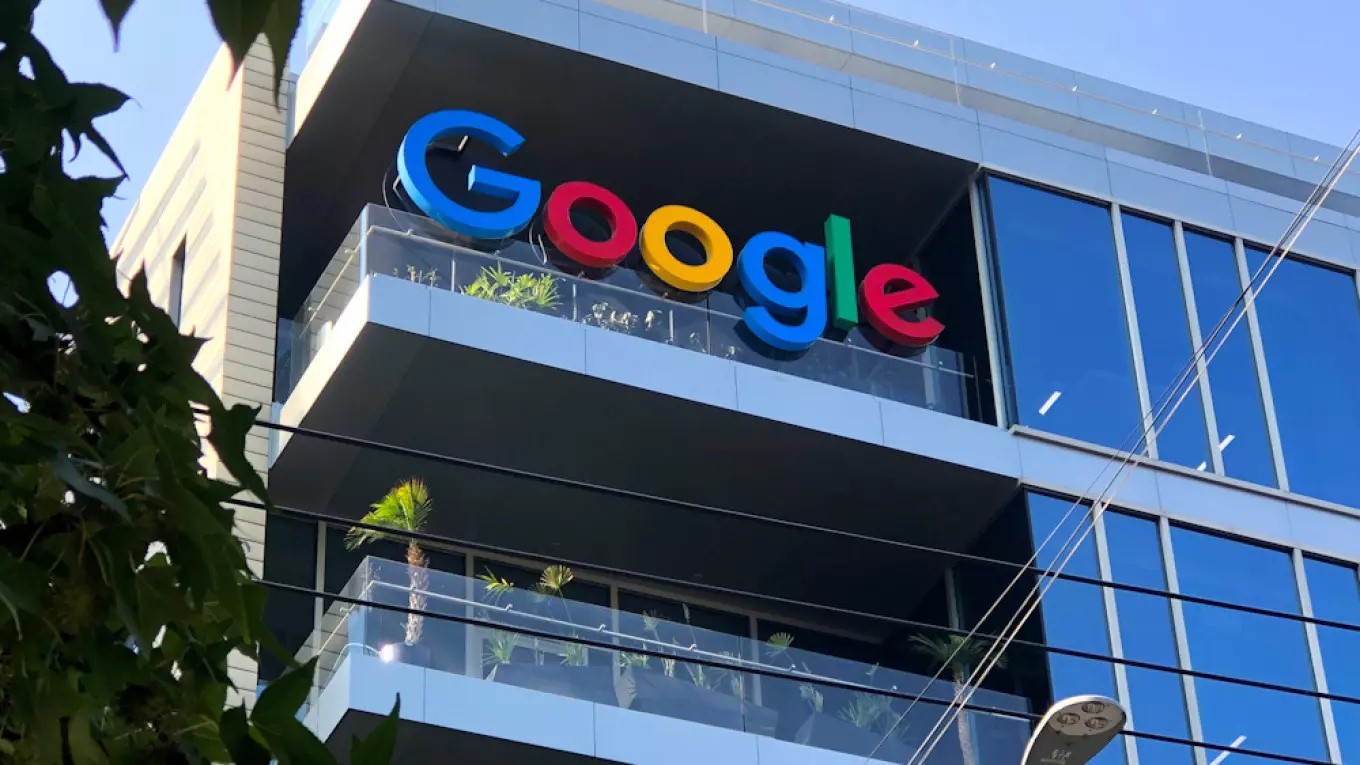A U.S. federal judge has delivered a monumental ruling in the ongoing battle against Big Tech monopolies, ordering Google to open its Android app store, Google Play, to rival app developers for at least the next three years. The ruling, which comes after a lawsuit initiated by Epic Games, marks a significant blow to Google’s control over the Android ecosystem and could have profound implications for the future of app distribution.
Epic Games, the developer of Fortnite, brought the lawsuit against Google, accusing the company of exploiting its dominant position in the Android app market to suppress competition. The case centers on Google’s Play Store policies, which require developers to use Google’s payment system for in-app transactions and charge up to 30% in fees. According to Epic, this effectively locked out other app stores and payment providers, allowing Google to maintain a stranglehold on the Android app market.
Judge James Donato, who presided over the case, ruled in favor of Epic Games, citing Google’s anti-competitive behavior as harmful to both developers and consumers. The court ordered several remedies, including the requirement that Google allow competing app stores to list their apps on Google Play and make its app catalog available to these competitors. The goal of these measures is to create a more competitive app marketplace where developers are not forced to rely solely on Google’s services.
In response, Google expressed strong opposition to the ruling, announcing that it will appeal the decision and seek a stay on the implementation of the remedies. Google warned that the changes could undermine the security and privacy features of Android devices, while also complicating app promotion for developers.
“The changes would put consumers’ privacy and security at risk, make it harder for developers to promote their apps, and reduce competition on devices,” a Google spokesperson said, adding that the company believes the current system provides the best balance between security, convenience, and competition.
The ruling has been hailed as a landmark victory for those advocating for stronger antitrust enforcement in the technology sector. Rebecca Haw Allensworth, a professor at Vanderbilt Law School, described the decision as a pivotal moment in the fight to regulate the market power of tech giants. “This is a meaningful win for competition and could encourage other courts to impose similar remedies in future antitrust cases,” she remarked.
Among the most surprising aspects of the ruling is the court’s directive for Google to share its app catalog with competing app stores. While antitrust law does not generally require companies to assist their competitors, Mark Lemley, a professor at Stanford Law School, explained that once a company is found to have violated antitrust laws, the court can impose wide-reaching remedies to correct the harm done. “The judge has the authority to require these extraordinary measures to restore competition, even if they wouldn’t typically be required under antitrust laws,” Lemley said.
This ruling is just the latest in a series of antitrust cases targeting Google’s business practices. Earlier this year, Google was found to have monopolized the online search market, and it is currently facing a separate lawsuit regarding its dominance in the digital advertising sector. These cases represent a growing movement to regulate the influence of major technology companies and ensure that competition remains robust in digital markets.
For years, critics have pointed to Google’s steep Play Store fees as evidence of its monopolistic behavior, arguing that the costs are passed on to consumers in the form of higher app prices. Lee Hepner, Senior Legal Counsel at the American Economic Liberties Project, praised the court’s decision as a victory for both developers and consumers. “With this ruling, we’re likely to see more competition in the app market, which should drive down prices for consumers and give developers more options,” Hepner said.
As Google prepares to mount its legal defense in the appeals court, the case has already sent shockwaves through the tech industry. Should the ruling stand, it could force other dominant platforms to rethink their business models, leading to a more open and competitive environment for developers and consumers alike.









